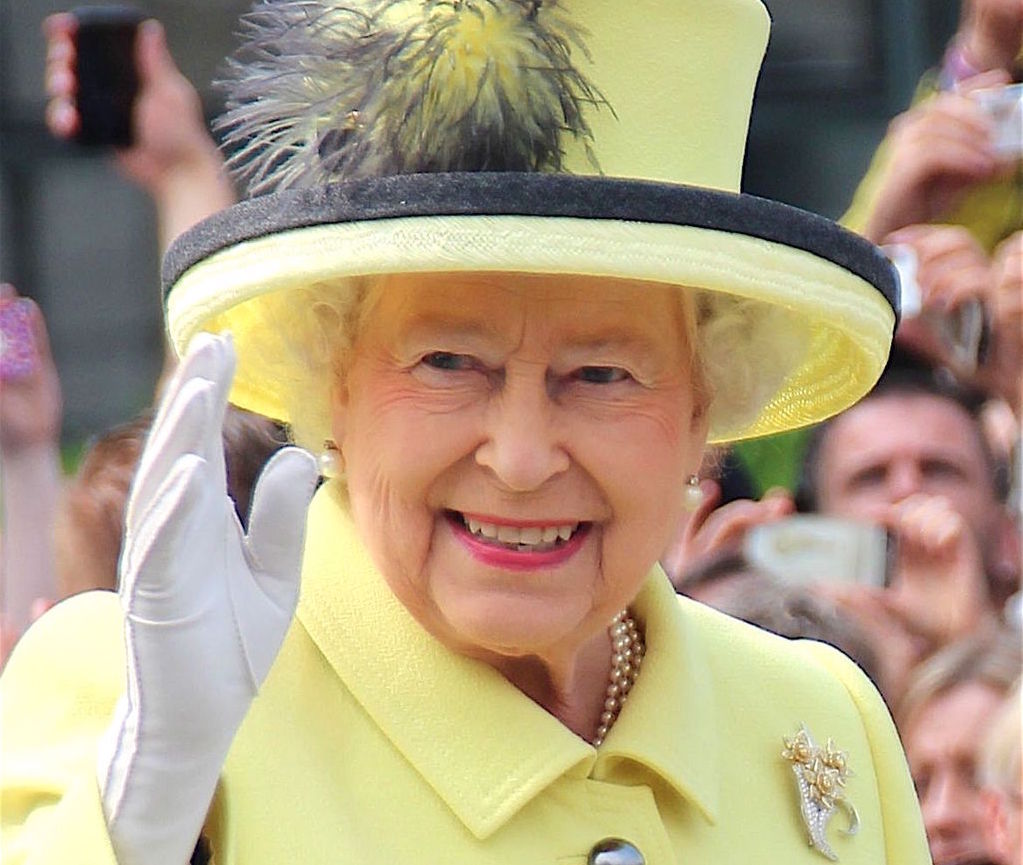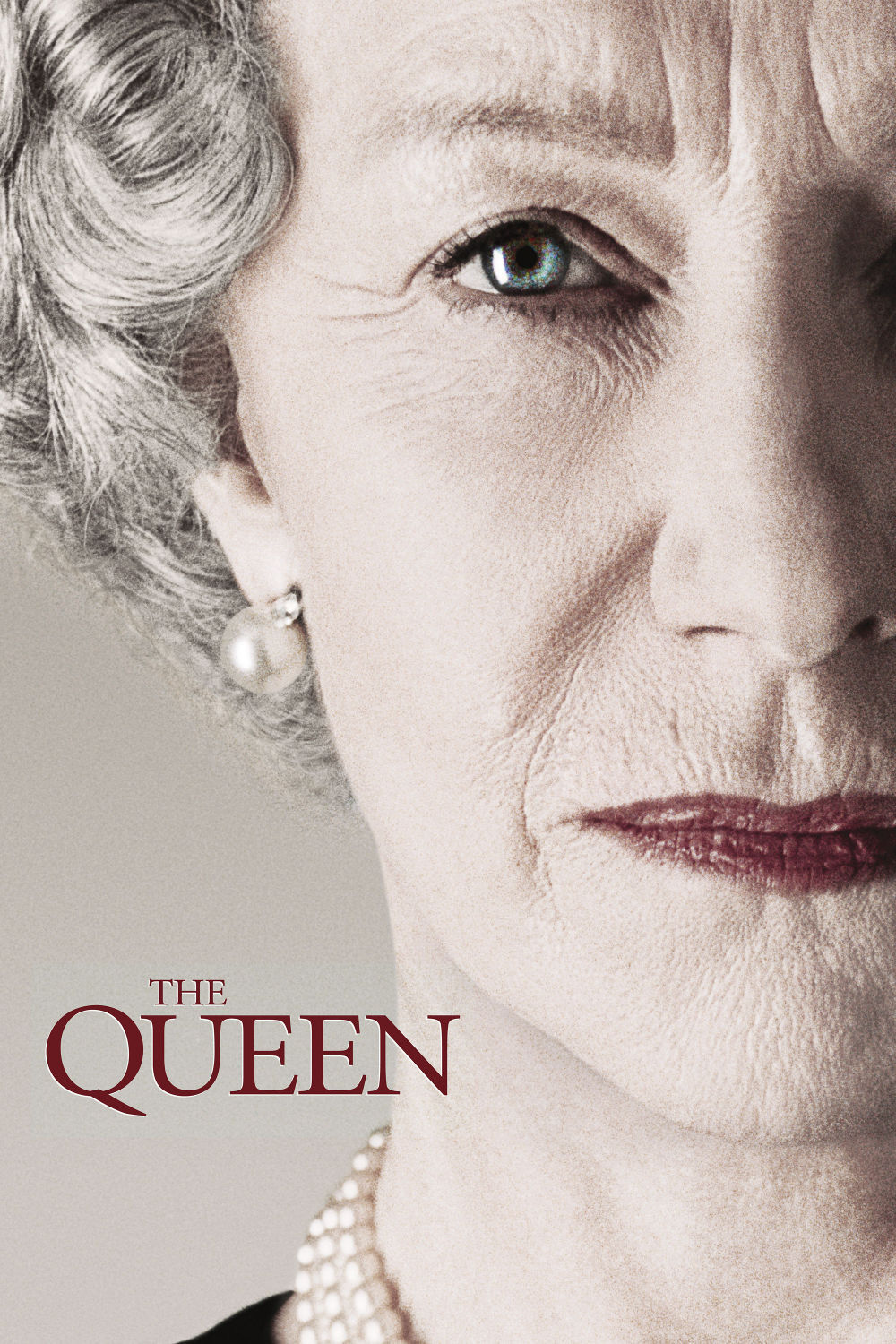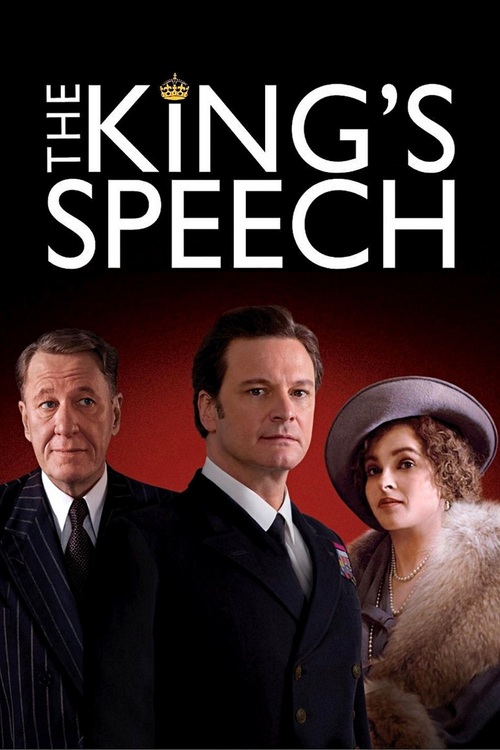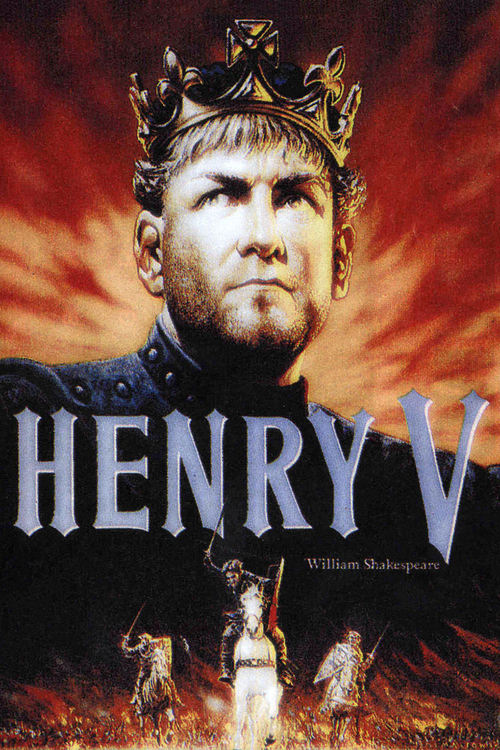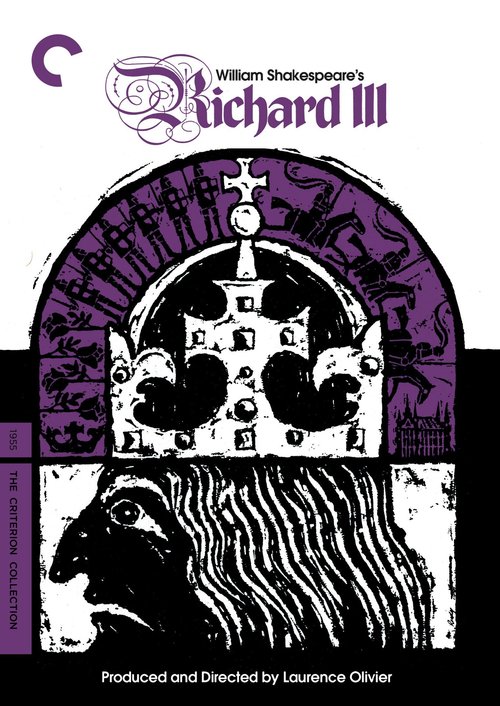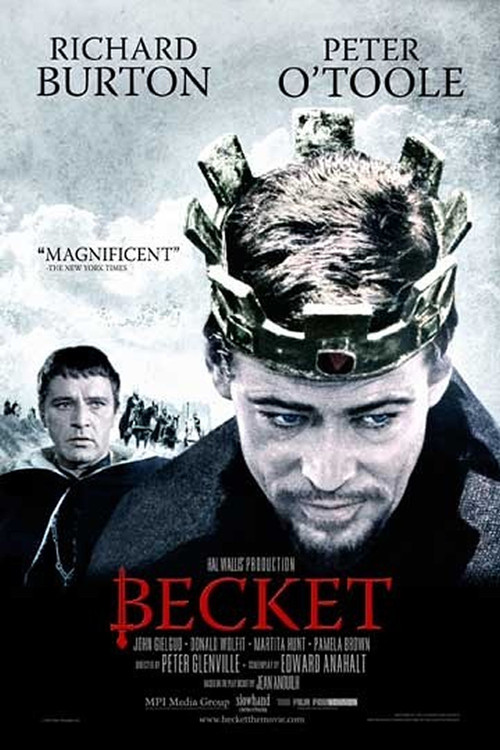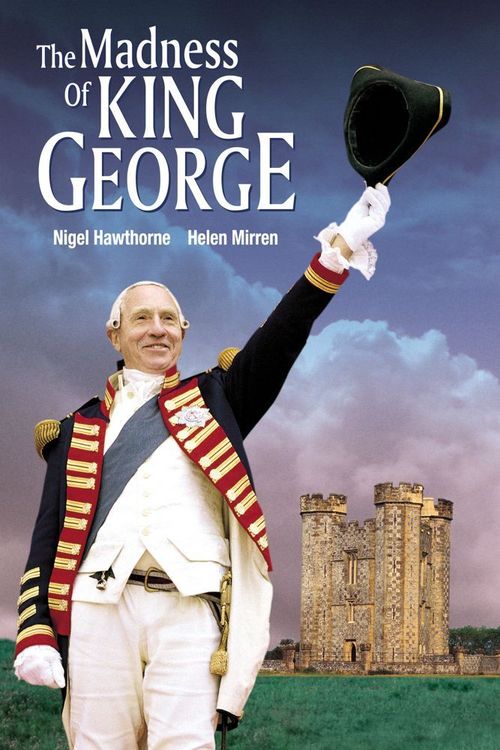Though the celebratory pomp won’t literally explode (with a 21-cannon salute!) until her “Official” birthday in June, it’s today that Queen Elizabeth II actually turns 90, and she shows no signs of slowing down. Her Majesty still rides horses, carries out Investitures (those big ceremonies where diplomats and Rolling Stone singers become Knights), and brightens over 400 engagements each year with her little-legged corgis and big hats.

Traditionally, the British Monarchy enjoyed a kind of unspoken agreement with Hollywood: keep the Royal Family out of revealing, potentially embarrassing “behind the scenes” biopics. But that all seemed to change with the second millenium. First, 2006’s “The Queen” had Helen Mirren playing Her baffled Majesty undergoing a PR disaster in the wake of Lady Di’s death. Rumor has it that she and Tony Blair made a pact never to watch director Stephen Frear’s powerful film. If true, they missed out.
Next, came surprise blockbuster “The King’s Speech” (2010), a story about Elizabeth’s father, King George VI, and his hard-won victory over a speech impediment. It’s easy to understand why Elizabeth would be less than interested in reliving her father’s long-ago struggle, but the Weinstein Company, the studio behind “Speech,” made every attempt to consider the Queen’s concerns. They sent her advance scripts, provided Her Majesty with a private screening, and even waited to release the film until after the Queen Mother passed away. Queen Elizabeth felt it would be too painful for her mum to relive the story.
Word is the Queen was “moved” by the film, and no wonder; Colin Firth’s touching portrayal of the monarch earned him an Oscar, and both Helena Bonham-Carter (as the young Queen Mother) and Geoffrey Rush (as speech therapist Lionel Logue) received nominations for their superlative performances. Notwithstanding the appeal and skill of its stars, the film’s key strength lies in its being, unapologetically, an old-fashioned picture. No breathless effects, no intrusive camera angles, mood lighting, or sex scenes. Just a terrific story, well told.
What a breath of fresh air, cinematically speaking. And with four Oscar wins (out of 12 total nominations), it’s clear that our own American institution, The Academy, felt the same way.
The very concept of royalty has bewitched and fascinated us Americans, who grew up, after all, in a democracy, with no Kings or Queens, Lords or Ladies. Only the occasional Robber Baron dressed up like a banker, and of course, Duke Wayne.
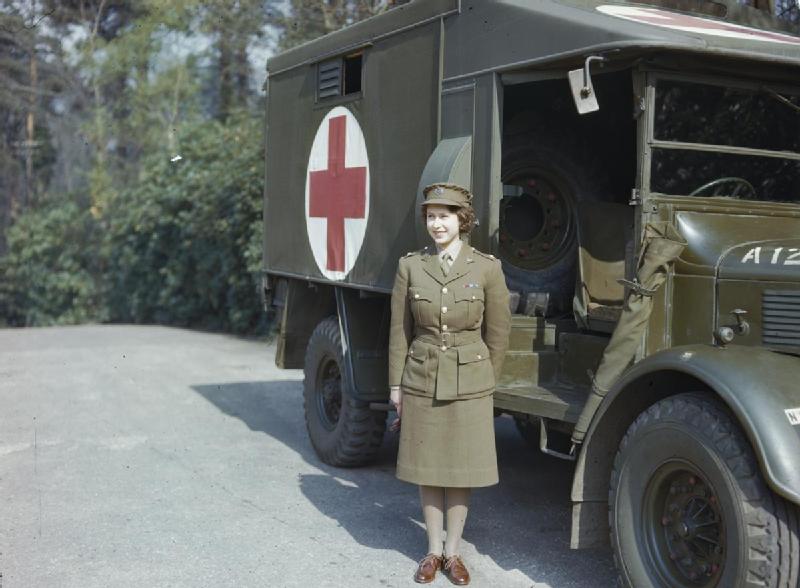
From a safe remove, the USA has watched the monarchy with a quiet sort of infatuation, titillated by the titular rulers of that once great empire with whom we (supposedly) share a common language (bollocks!), and most certainly a great deal of history. Rather than rehash who thrashed whom to gain freedom from taxation without representation, or who saved whose bacon (or is it bangers?) in the Second War, we’ll leave that shared history unsaid.
Below, we’ve included five excellent titles concerning the venerable throne of England.
The Private Life of Henry VIII
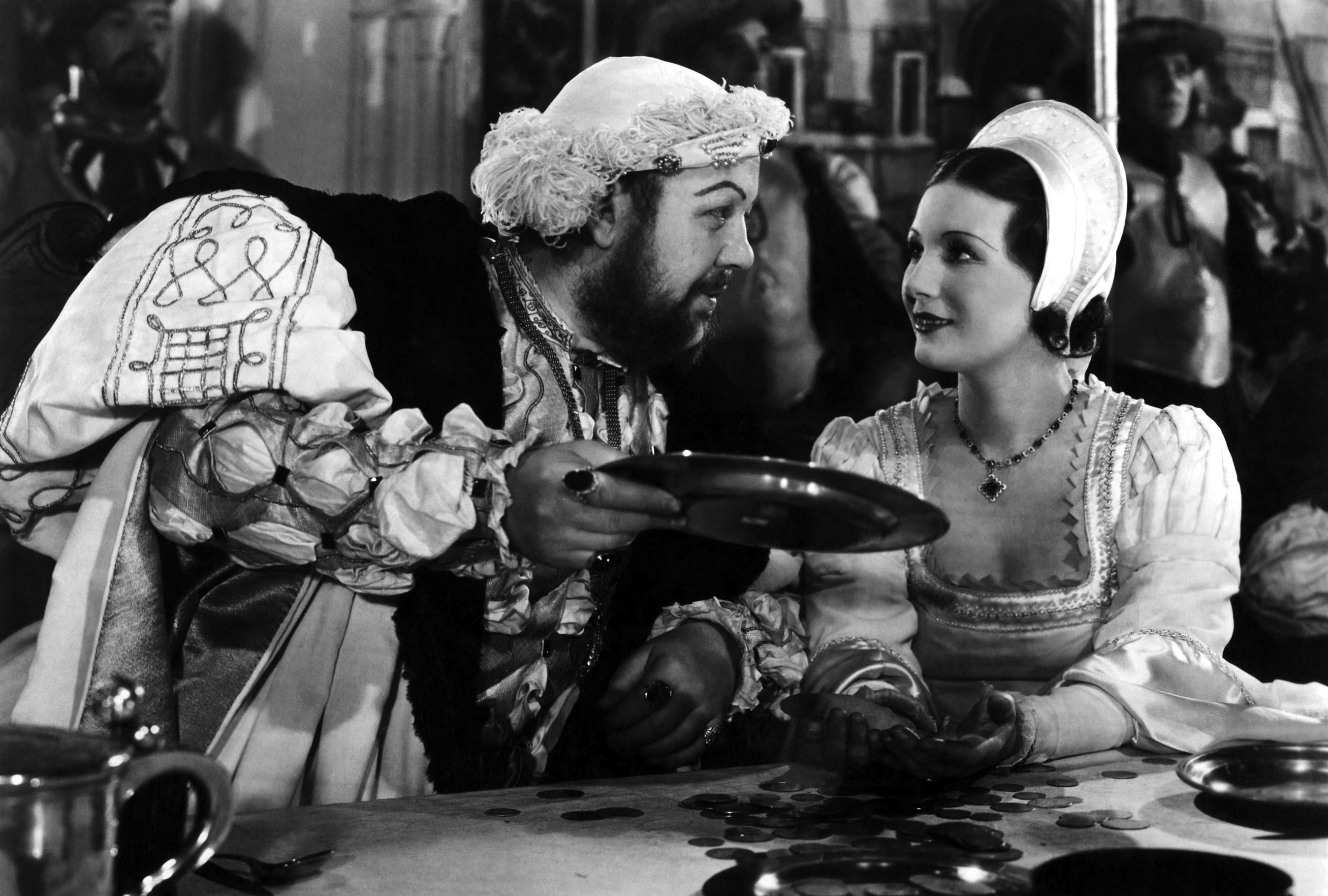
“The Private Life Of Henry VIII” (1933) — Had there been a Hollywood in the 16th Century, the Monarchy would’ve had a tough time preventing stories about Henry’s wild life leaking out into films. Charles Laughton plays the immoderate monarch who challenged church doctrine by marrying not once, but six times. Thanks to Laughton’s Oscar-winning portrayal, and a dashing Robert Donat as Henry’s cuckolding subject, this largely forgotten gem from legendary filmmaker Alexander Korda still feels fresh today.
A Man for All Seasons
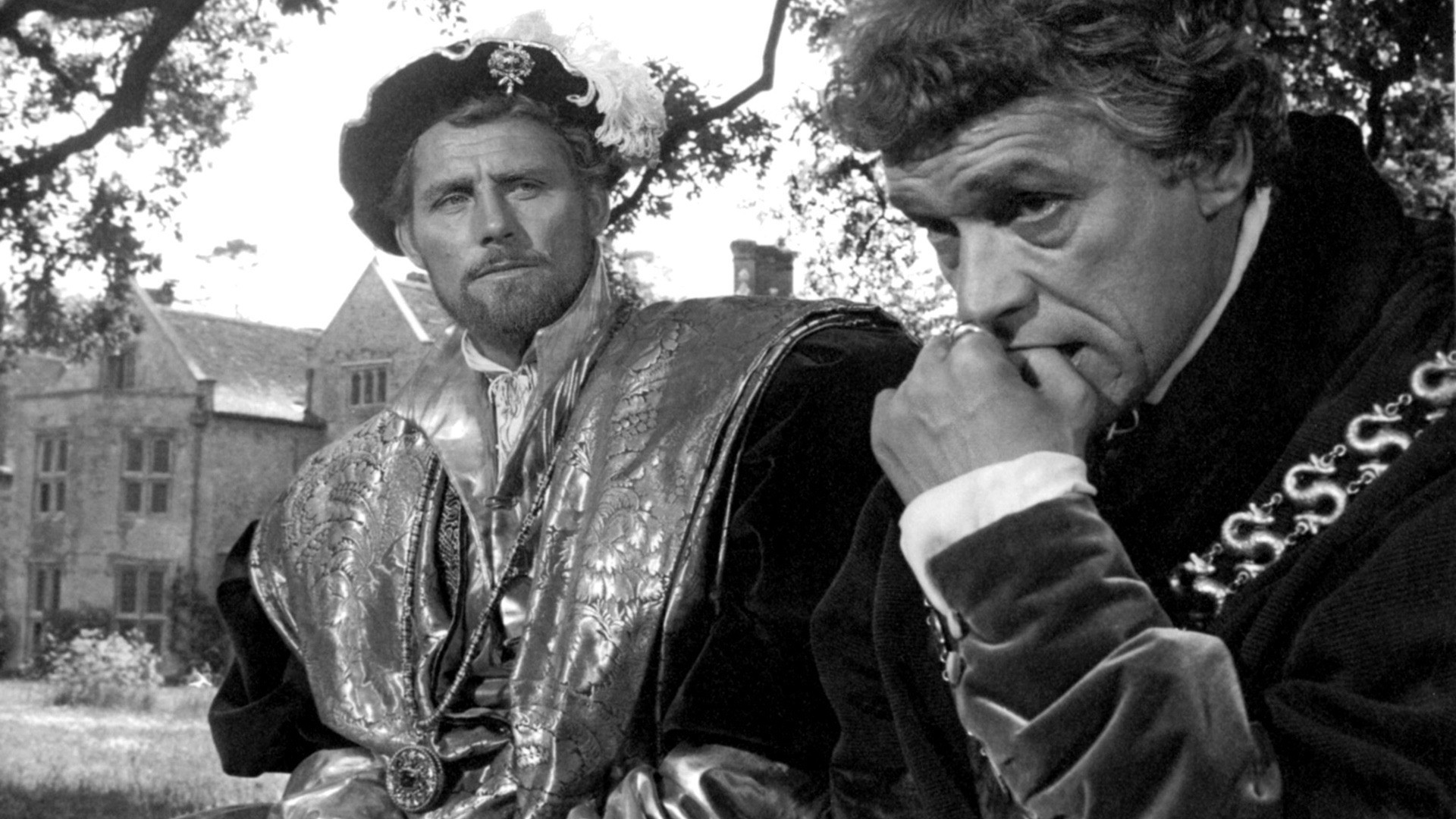
“A Man For All Seasons” (1966) — Speaking of behind the scenes history the Royalty would rather forget…! When the Pope refuses Henry VII (Robert Shaw) an annulment of his marriage, the King declares himself head of the Church of England and demands that his Lord Chancellor, Sir Thomas More (Paul Scofield), recognize his authority. Will the principled More will sacrifice his life in defense of moral truth? Scofield’s Oscar-winning portrayal is a performance for the ages. “Seasons” will resonate with anyone who’s ever had a crisis of conscience.
The Lion in Winter
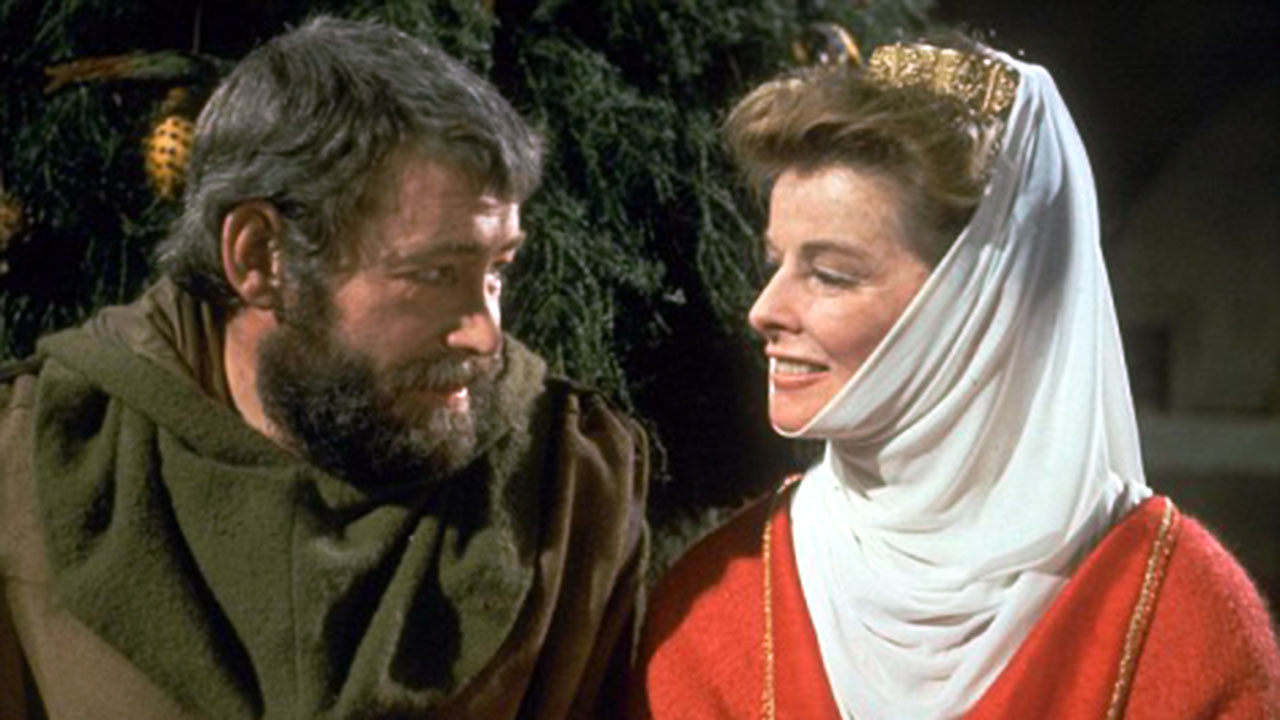
“The Lion In Winter” (1968) — We’re not done with “Henry”s. 12th-century King Henry II (Peter O’Toole) summons his estranged, exiled wife, Eleanor of Aquitaine (Katharine Hepburn), for a meeting with their three sons, Richard (Anthony Hopkins), Prince Geoffrey (John Castle), and Prince John (Nigel Terry), to determine who will succeed to the throne. This star-studded production is a wit-fueled, magnificently acted parable of power-lust and extreme family dysfunction. Oscar-winner Hepburn is superb, and a youthful Hopkins wows. When this “Lion” roars, you’ll be hooked.
Henry V
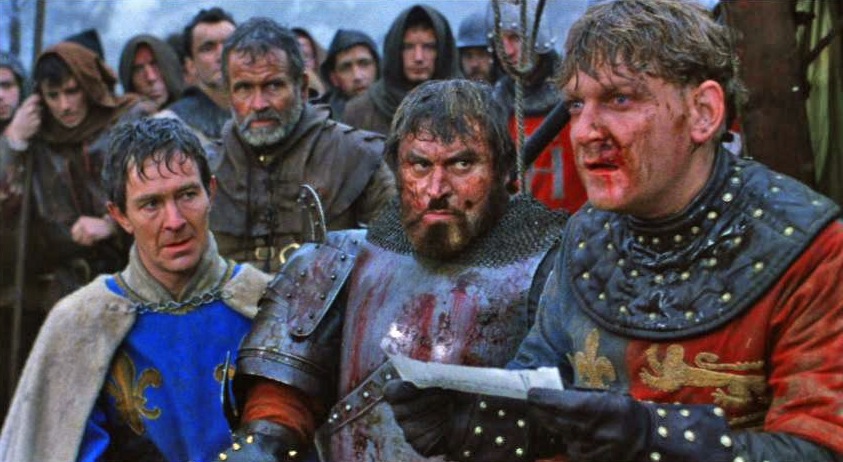
“Henry V” (1989) — On to Britain’s seemingly never-ending pissing match with France. When a flap-up with King Charles of France (Paul Scofield) escalates into full-blown war, England’s hotheaded King Henry V (Kenneth Branagh) assembles an army to invade the Gallic homeland. With this exceptional adaptation of Shakespeare’s finest historical play, English upstart Kenneth Branagh proved himself worthy of the heights set by Sir Laurence Olivier, whose own 1944 production still shines.
Her Majesty, Mrs. Brown
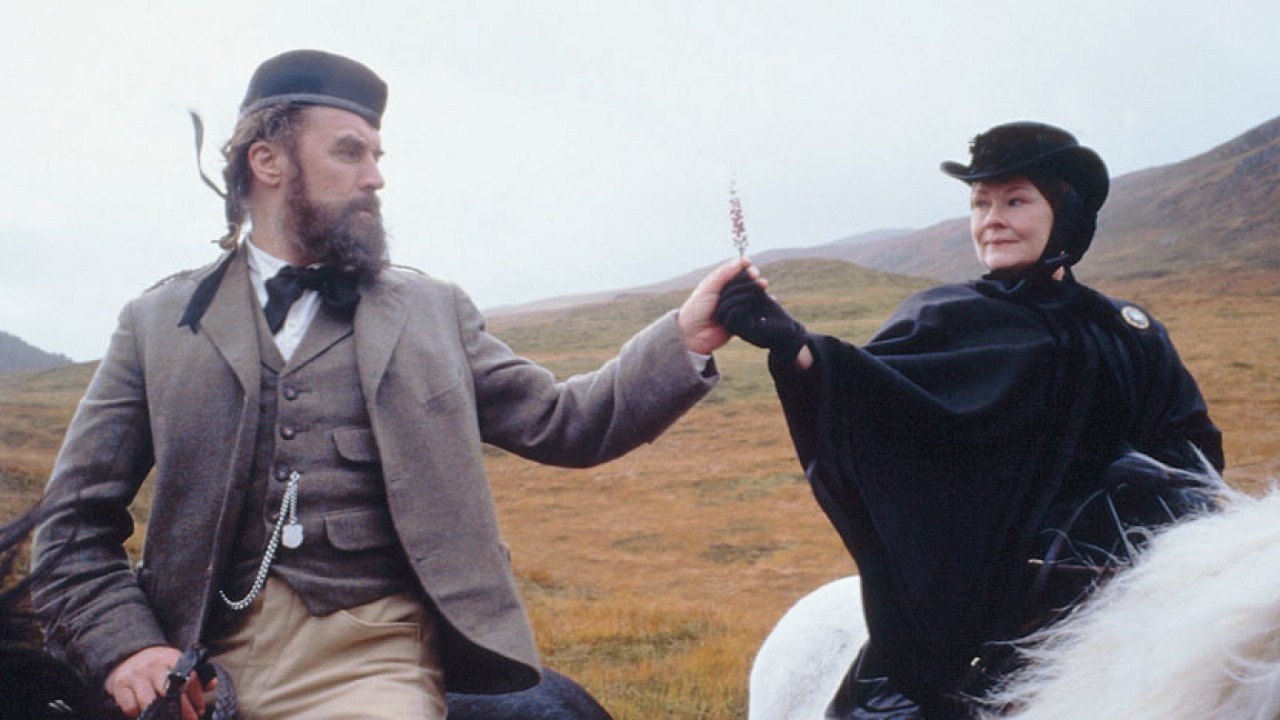
“Her Majesty, Mrs. Brown” (1997) — After the death of beloved husband Prince Albert, Queen Victoria (Judi Dench) has withdrawn into a period of mourning. It’s up to stable worker John Brown (Billy Connolly), to employ common-sense and a peasant’s strength to draw her out. Mrs. Brown beautifully recounts one of the most unconventional, unlikely romances in history. Judi Dench is glorious in a role that gilded her path to Hollywood, and brilliant comic Connolly shows he can act with the best.
